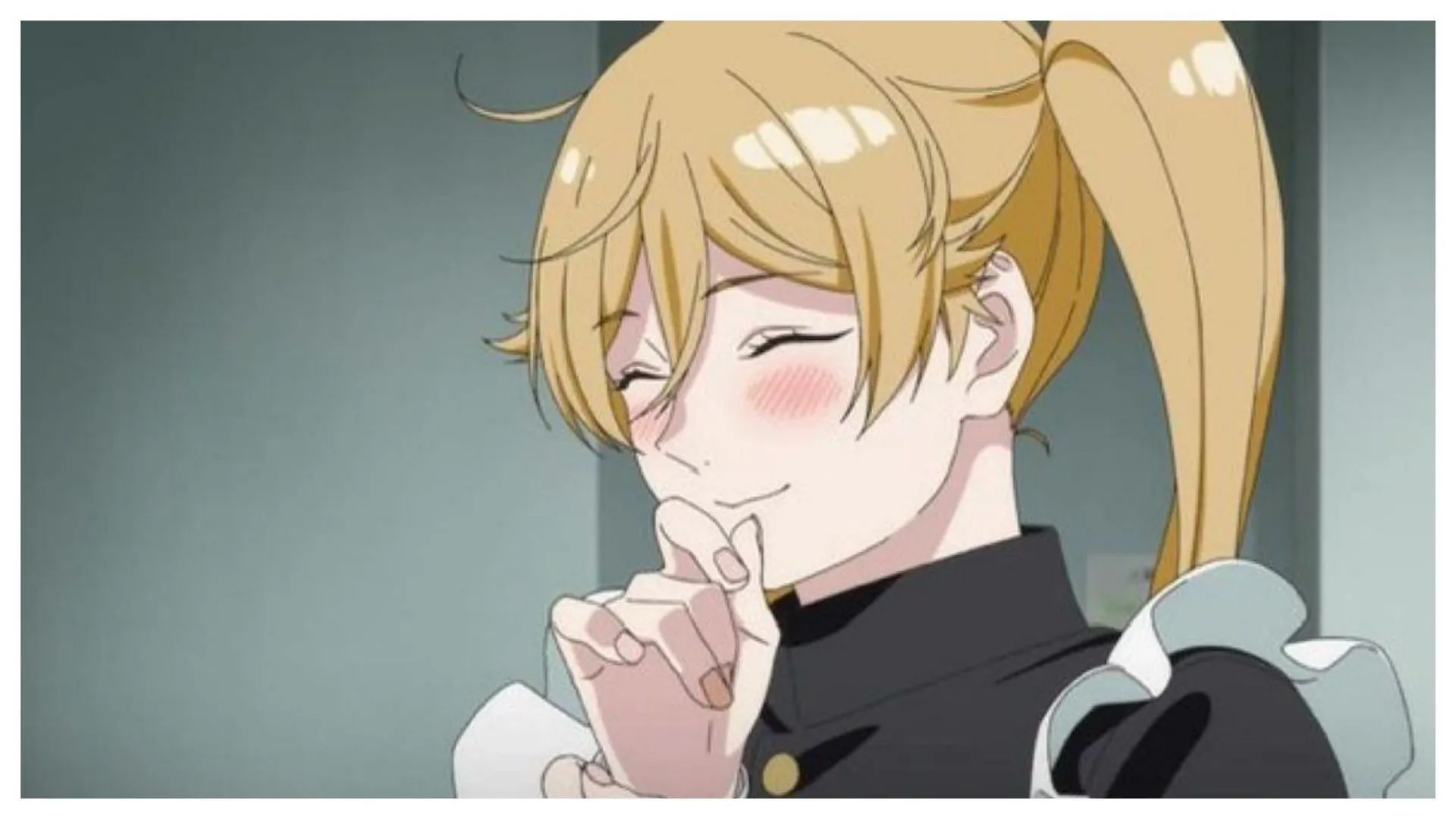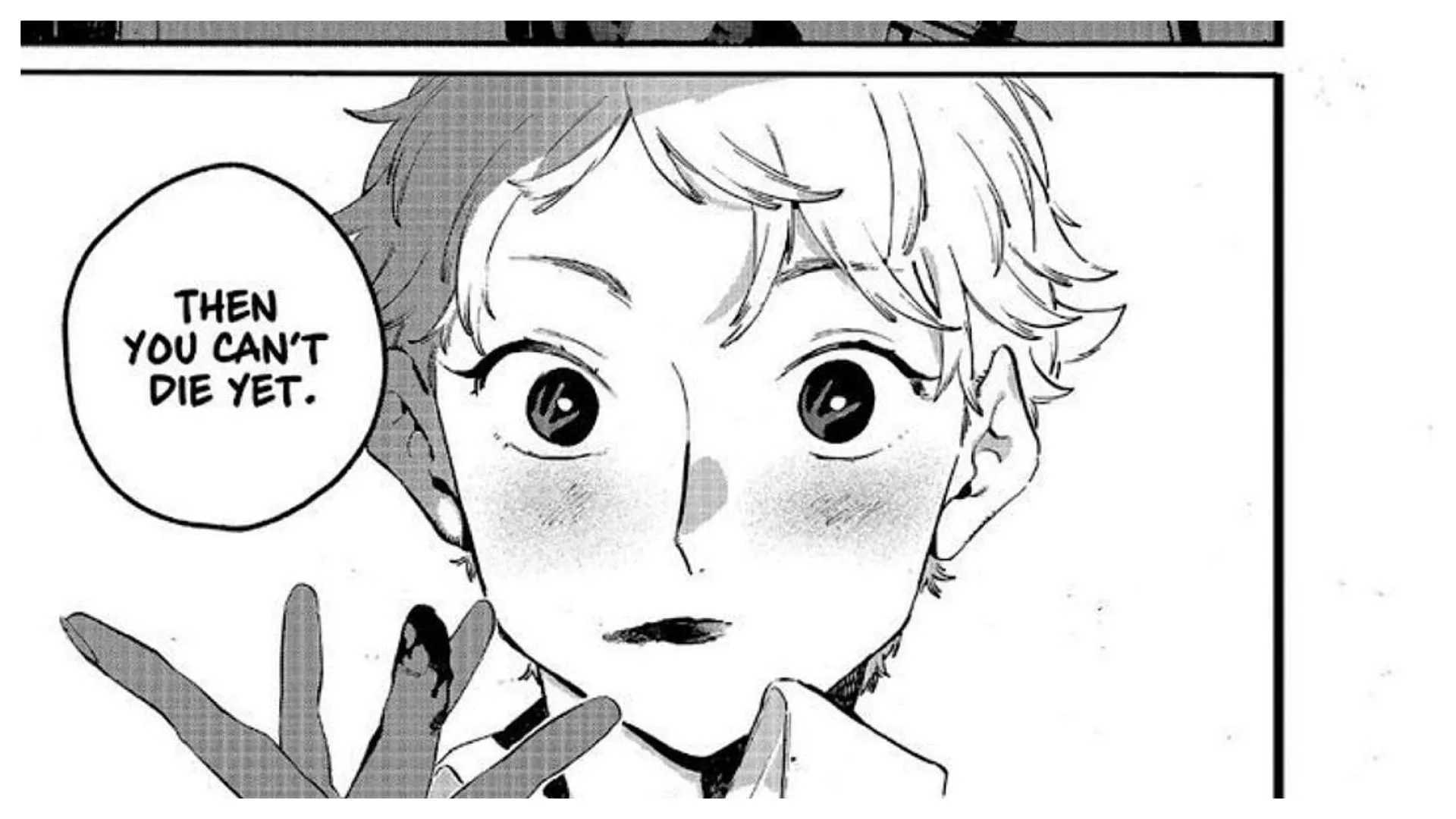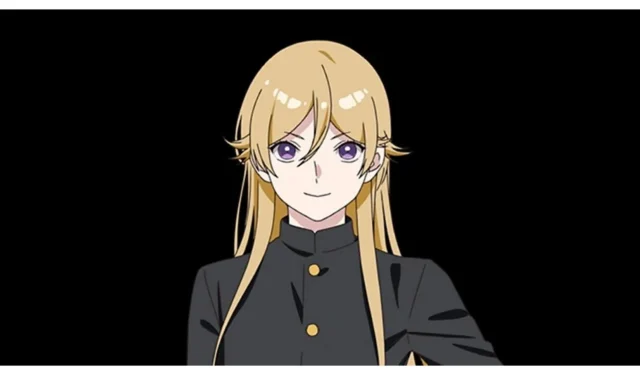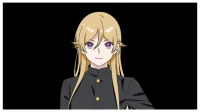In the realm of Slice of Life anime, few titles leave an impression quite like Blue Period. This series not only transcends standard genres but brilliantly intertwines elements of Romance, Coming of Age, and Queer Drama, crafting a rich narrative that deeply resonates with viewers. While it primarily exists within the Slice of Life category, a closer examination reveals the intricate layers that give Blue Period its unique character.
A significant factor in the show’s success is its well-developed characters. Blue Period excels in presenting a diverse cast that stands apart from typical anime portrayals. Though you can find varied character ensembles in shows like One Piece, Blue Period’s characters feel exceptionally nuanced and relatable. Among them, Ryuji Ayukawa, a pivotal character, embodies the series’ essence beautifully.
Ryuji, a close companion of the protagonist Yatora Yaguchi, adds substantial depth to the narrative through their dynamic relationship. Yet, Ryuji is a compelling figure on their own, marked by striking androgyny and a fluid approach to gender identity, reminiscent of characters like Kirara Hoshi from Jujutsu Kaisen. Tsubasa Yamaguchi, the writer, crafts Ryuji as someone who is aware of societal misconceptions yet chooses to rise above them.
Ryuji’s unapologetic embrace of their identity is what establishes them as one of anime’s most profound queer icons. Let’s explore the elements that contribute to this distinction.
Disclaimer: This article expresses the author’s opinions and may contain spoilers. Viewer discretion is advised due to potentially sensitive themes.
What Makes Ryuji Ayukawa an Exceptional Queer Character in Blue Period

Ryuji Ayukawa’s queerness is a significant aspect of their character, but it is not the sole foundation of their personality. This nuanced portrayal deviates from the prevalent tropes in many anime, where queer characters often serve merely as comic relief. For instance, popular series like One Piece and One Punch Man frequently reduce such characters to mere jokes.
Contrastingly, Ryuji is introduced in Blue Period with a sense of power and agency. Their assertiveness is evident from their initial scenes, where they confidently engage with Yatora Yaguchi and maintain their composure in challenging conversations. This portrayal highlights a departure from stereotypical representations.
Art plays a crucial role in Ryuji’s life, serving as both a professional choice and a personal means of expression. A poignant moment from the series reveals that a younger Ryuji once contemplated suicide but chose life when inspired by their artistic passion. This pivotal experience marks Ryuji’s commitment to living authentically.

Even though Ryuji strives to live genuinely, they grapple with significant insecurities. Their identity is not narrowly confined to their attraction toward multiple genders; Ryuji presents in a way that embraces femininity while navigating a world steeped in rigid masculine ideals.
Throughout Blue Period, Ryuji oscillates between confidence and vulnerability. They frequently seek romantic love yet find themselves discouraged in their attempts. They contemplate whether their expression of gender would impact how potential partners perceive them, even grieving the societal expectations tied to their assigned sex at birth.
This complex internal struggle greatly enriches Ryuji’s character, contributing to their artistry and strengthening their friendships. They encourage Yatora to pursue personal happiness, embodying resilience in the face of societal rejection and uncertainty.
Final Thoughts
In the context of Shonen and Seinen genres, authentic queer representation remains sparse and often mishandled. Ryuji Ayukawa stands out as a powerful queer icon in anime, characterized not by clichés or idealizations, but as a fully realized individual shaped by experiences of trauma and a desire for self-acceptance and artistic fulfillment.


